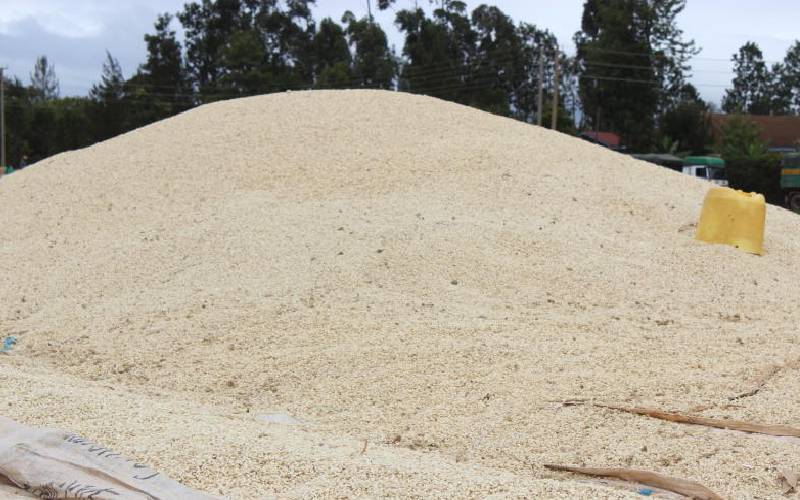
Kenya has banned maize imports from Uganda and Tanzania. The Agriculture and Food Authority raised the red flag after tests showed that most of the maize imported from these countries contained high and unsafe levels of aflatoxin. Understandably, this action is not likely to gone down well with Uganda and Tanzania.
Kenya, Uganda, Tanzania, Rwanda, Burundi and South Sudan are member states of the East African Community EAC), founded in 1999. EAC has played a key role in the socio- economic development of the Eastern Africa region, crafting policies that create better trade practices and allowing for ease of movement of both goods and people across borders. This is done within clear stipulations to ensure fair play.